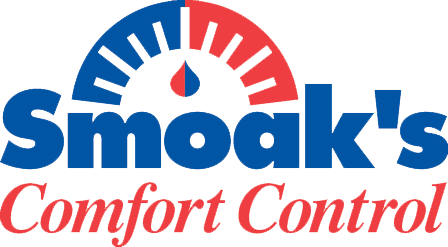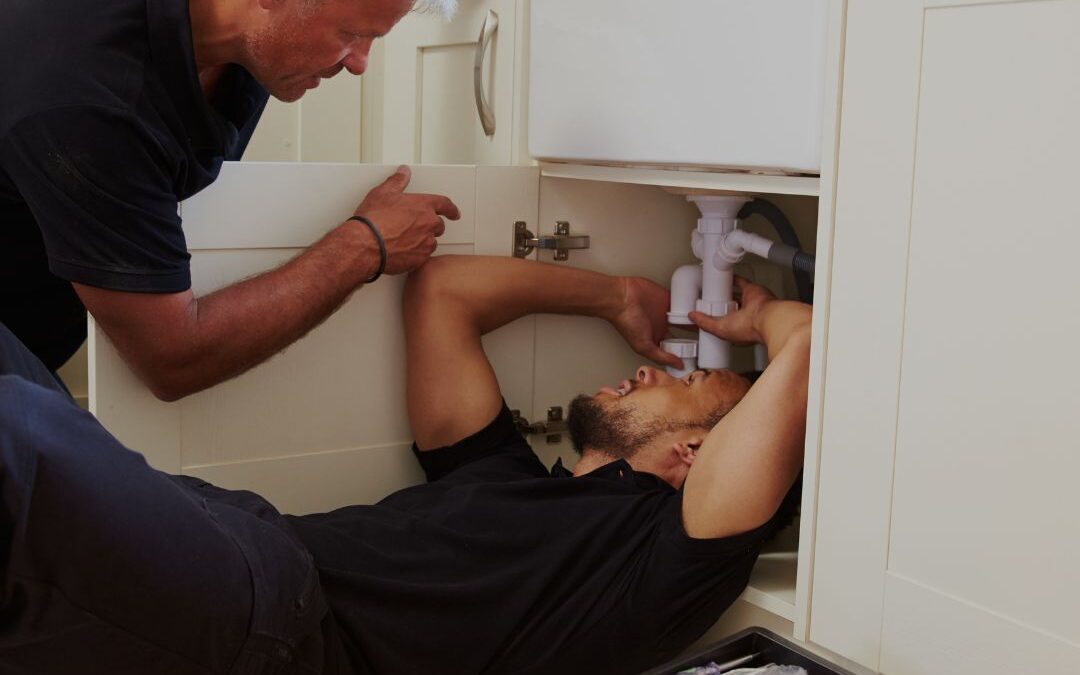Purchasing a new home is not just about aesthetics or location; it’s also about ensuring that the foundation of the house, especially the plumbing system, is in good working condition. In places like Mt. Pleasant, SC, where homes can range from modern builds to older, historic properties, the state of the plumbing can vary widely. Plumbing issues such as malfunctioning water heaters, compromised drainage systems, or toilet issues can lead to significant problems.
The importance of a thorough plumbing inspection is underestimated. It’s more than just checking for visible leaks or ensuring the proper operation of faucets. The inspection process delves deeper, examining the integrity of drain lines, measuring water pressure with a pressure gauge, and ensuring that the entire plumbing system functions seamlessly.
A professional plumber in Mt. Pleasant, SC, would approach the inspection process methodically, ensuring that every component, from the water heater to the drainage systems, is analyzed. They would also check the water meter to ensure accurate readings and assess the overall health of the plumbing systems in the house.
In essence, before investing in a new home, it’s essential to have a comprehensive understanding of its plumbing infrastructure. These inspections can help save potential repair costs and ensure a comfortable living experience without unexpected plumbing disruptions.
Importance of a Plumbing Inspection
Why Get a Plumbing Inspection?
Before diving into the specifics of plumbing inspections, it’s essential to understand why a plumbing inspection is necessary. A typical home inspection might not delve deep into the plumbing intricacies. However, a dedicated plumbing inspection will ensure that every aspect of the system is checked and verified.
Spotting Potential Issues:
A professional plumbing inspection can identify future drain blockage, water pressure issues, or kitchen sink drain problems. It’s always better to perform plumbing inspections to address these concerns before they escalate.
Saving Money in the Long Run:
Detecting and fixing issues early on can save homeowners from costly repairs in the future. Early detection, whether it’s a clogged drain or a malfunctioning garbage disposal, is critical.
Key Areas to Inspect
When considering the purchase of a new home, it’s essential to have a comprehensive inspection and understanding of the plumbing system. A thorough plumbing inspection can reveal potential issues that might become costly problems down the road. Here are some key areas to inspect in a home’s plumbing system:
Water Supply and Supply Lines
The water supply is the lifeline of a plumbing system. Inspecting the supply lines for any signs of wear, corrosion, or visible leaks is essential. A professional plumber in Mt Pleasant, SC, would also check the pressure in these lines to ensure they function optimally.
Water Heaters and Gas Water Heaters
Water heaters are crucial for providing hot water throughout the home. During a plumbing inspection, checking electric and gas water heaters for any signs of rust, leakage, or malfunction is vital. Pressure relief valves should be inspected to ensure they are operating correctly.
Sinks, Faucets, and Laundry Room Sinks
Every home has multiple sinks, from the kitchen to the bathrooms and the laundry room. Examining exposed plumbing fixtures like the sink faucet for any signs of leakage or wear is essential. Laundry room sinks, often overlooked, can be a source of plumbing problems if not inspected regularly.
Outdoor Plumbing and Hose Spigots
Outdoor hose spigots are exposed to the elements and often face wear and tear. Checking these spigots for any signs of leakage or damage during a plumbing inspection is crucial. Additionally, water hoses should be inspected for any signs of wear, as they can be a potential source of water wastage.
Sewer System and Main Sewer Line
The main sewer line is a critical component of a home’s plumbing system. A professional plumbing inspection should thoroughly check the main sewer line for any blockages or damages. Any issues with the main sewer line can lead to significant plumbing problems in the future.
Other Plumbing Components
Apart from the primary areas, other plumbing components should also be inspected, including checking for any visible leaks in the plumbing systems, ensuring that all fixtures are sealed, and verifying that there are no signs of corrosion or wear in any plumbing components.
The Plumbing Inspection Checklist
A plumbing inspection checklist can benefit both the plumber and the homeowner. Some essential items to include are:
- Water Heaters: Check water valves for any signs of rust or leakage.
- Sump Pump: Ensure its functioning and free from debris.
- Sewer Lines: Inspect for any potential blockages or damages.
- Septic Tank: Ensure its well-maintained and functioning.
- Water Pressure: Check the pressure in various parts of the home.
Why Choose a Professional Plumbing Inspection?
While conducting a home plumbing inspection on your own might be tempting, hiring a professional has advantages. For instance, a plumber in Mt. Pleasant, SC, will have the expertise and tools to conduct a thorough home plumbing inspection. They can spot issues the untrained eye might overlook and provide valuable insights into the plumbing system’s overall health.
Final Thoughts
In conclusion, the plumbing system is the unsung hero of a home, quietly ensuring that our daily routines go on without a hitch. From the morning showers to the nightly dishwashing, well-functioning plumbing is integral to our comfort and convenience. However, like all systems, it requires attention and care. Overlooking the importance of a thorough plumbing inspection when purchasing a home can lead to unforeseen complications, both financially and in terms of daily living. By engaging a professional plumber, especially in areas like Mt. Pleasant, SC, and the surrounding areas homeowners can safeguard themselves against future issues. It’s not just about avoiding repair costs; it’s about ensuring that the sanctuary called ‘home’ remains a place of peace, comfort, and reliability. Investing in a detailed plumbing inspection is investing in the future tranquility and functionality of one’s home.

